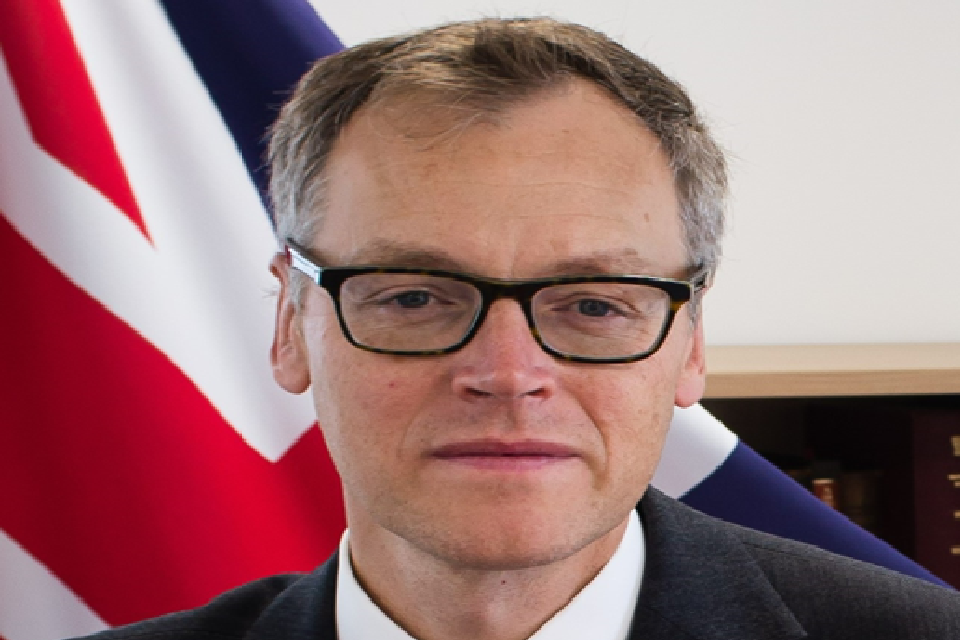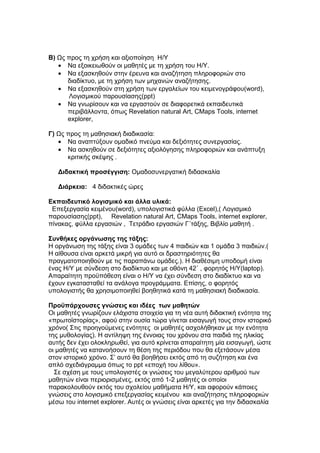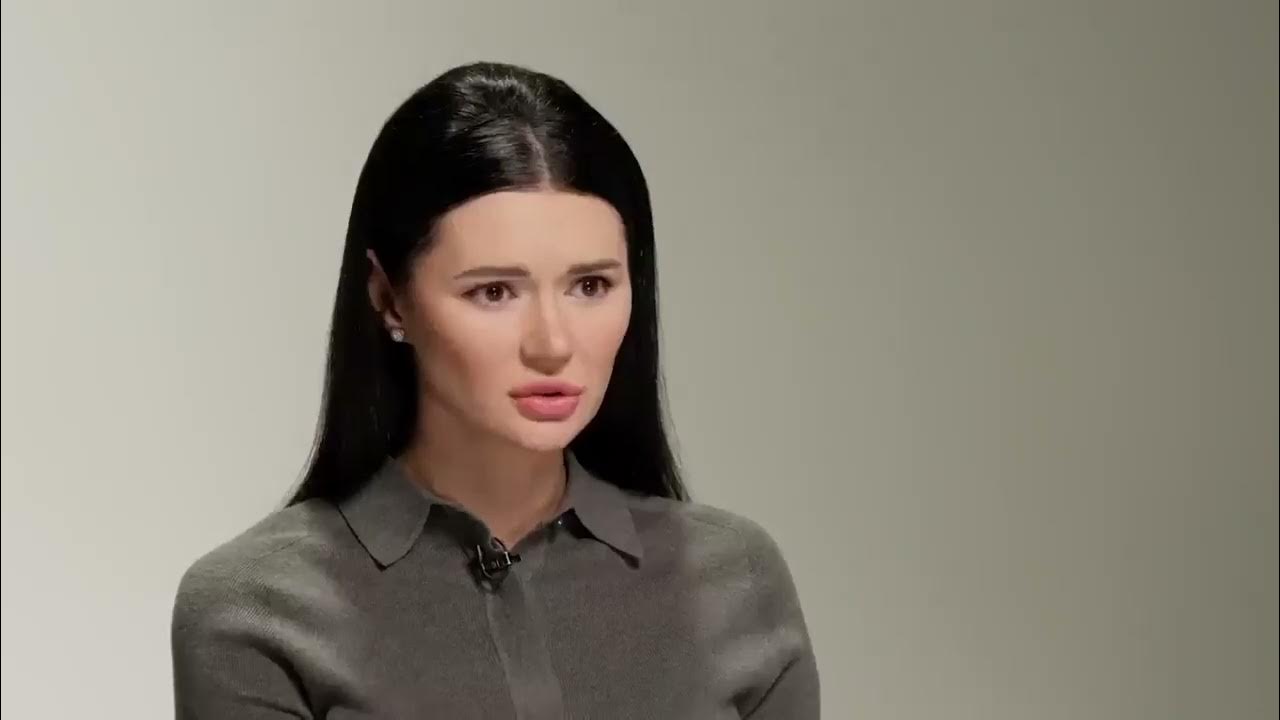Independent Police Complaints Commission Challenges BBC's Chris Kaba Panorama

Table of Contents
Panorama's Allegations and Their Impact
Key accusations levelled by the Panorama documentary:
The BBC's Panorama program presented a series of serious allegations concerning the circumstances surrounding Chris Kaba's death. These included:
- Allegations of inadequate police training and procedures: The documentary questioned whether officers involved received sufficient training in the use of lethal force, particularly in high-pressure situations. It suggested that protocols regarding the use of firearms might not have been adequately followed.
- Claims of insufficient investigation by the IPCC/IOPC initially: Panorama alleged that the initial investigation by the IPCC (now IOPC) was insufficient and lacked the thoroughness required to uncover all the facts. This included accusations of delays and a lack of proactive investigation.
- Focus on the lack of bodycam footage and conflicting witness accounts: The program highlighted the absence of crucial bodycam footage and inconsistencies in witness testimonies, raising questions about the accuracy of the police account of events.
- Highlighting concerns about the use of lethal force: Panorama questioned the justification for using lethal force, arguing that less-lethal options may have been available. This aspect fuelled public anger and the demand for a more thorough investigation.
Bullet Points:
- The Panorama program detailed specific instances of alleged police misconduct leading up to and during the fatal shooting.
- Public reaction was swift and intense, with widespread protests and calls for a full, independent inquiry into Chris Kaba's death.
- Public confidence in the Metropolitan Police significantly decreased following the broadcast of the documentary.
- The media coverage amplified public concerns, leading to increased scrutiny of police practices and the IOPC's investigative capabilities.
The IPCC/IOPC's Response and Counterarguments
The IOPC's statement and defense of their investigation:
The IOPC responded to the Panorama allegations with a statement defending their investigation. They emphasized their commitment to a thorough and impartial inquiry, while acknowledging the public's concerns.
Bullet Points:
- The IOPC published a detailed timeline of their investigation, outlining key milestones and decisions made.
- Since the Panorama broadcast, the IOPC has stated that changes were made to their investigation's approach, though specifics might vary.
- The IOPC maintains a commitment to transparency and accountability, but critics remain unconvinced about the extent of their transparency.
- Internal reviews or inquiries conducted by the IOPC (if any) were meant to address criticisms and improve their processes, but may not fully address concerns raised by Panorama.
Outstanding Questions and Future Implications
Unresolved issues and ongoing challenges:
Several key questions remain unanswered regarding the Chris Kaba case.
Bullet Points:
- The need for a truly independent investigation, free from potential bias, remains a central concern.
- Potential legal ramifications for the officers involved, as well as the Metropolitan Police, are still pending.
- The Chris Kaba Panorama investigation highlighted the need for significant improvements in police training, particularly in the use of firearms and de-escalation techniques.
- The long-term implications for police accountability and public trust are significant, requiring systemic change.
The Importance of Public Scrutiny and the Role of the Media
Media's role in holding institutions accountable:
The BBC's Panorama investigation showcases the crucial role investigative journalism plays in holding institutions accountable.
Bullet Points:
- Investigative journalism, such as the Panorama documentary, is essential in uncovering potential misconduct and prompting necessary reforms.
- Media coverage, while powerful in shaping public opinion and influencing policy, must maintain ethical standards and avoid prejudicing ongoing investigations.
- Social media plays a significant role in disseminating information and shaping public discourse, but also presents challenges in terms of accuracy and potential misinformation.
Conclusion
The Chris Kaba Panorama investigation remains a pivotal moment in the ongoing struggle for police accountability and transparency. The IOPC's response to the allegations and the wider implications for police reform are subject to continuous scrutiny and debate. Understanding the complexities of the Chris Kaba Panorama investigation and the IOPC’s actions is crucial for achieving justice and rebuilding public trust. Stay informed about developments in this critical case and continue demanding accountability in the Chris Kaba Panorama investigation and similar incidents. Demand for a thorough and transparent investigation into the Chris Kaba shooting remains paramount.

Featured Posts
-
 Mia Nea Epoxi Stin Ygeia Ypologistes Apo Ines Gia Proliptiki Iatriki
Apr 30, 2025
Mia Nea Epoxi Stin Ygeia Ypologistes Apo Ines Gia Proliptiki Iatriki
Apr 30, 2025 -
 Stalo Izvestno Pochemu Tramp Ne Sidel Ryadom S Zelenskim
Apr 30, 2025
Stalo Izvestno Pochemu Tramp Ne Sidel Ryadom S Zelenskim
Apr 30, 2025 -
 Hamdi Yildirim Kadinlar Boks Sampiyonasi Samsun Daki Heyecan Dolu Muesabakalar
Apr 30, 2025
Hamdi Yildirim Kadinlar Boks Sampiyonasi Samsun Daki Heyecan Dolu Muesabakalar
Apr 30, 2025 -
 Schneider Electrics Commitment To Education Partnership With Vignan University
Apr 30, 2025
Schneider Electrics Commitment To Education Partnership With Vignan University
Apr 30, 2025 -
 Which Us Cruise Line Is Right For You
Apr 30, 2025
Which Us Cruise Line Is Right For You
Apr 30, 2025
